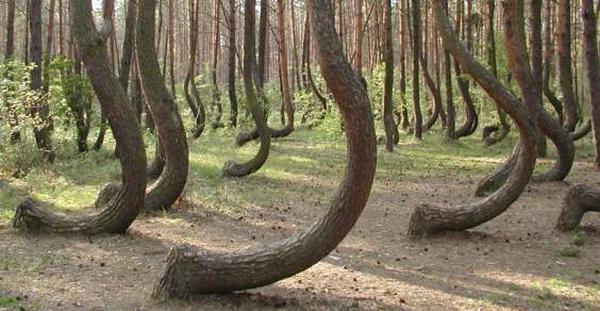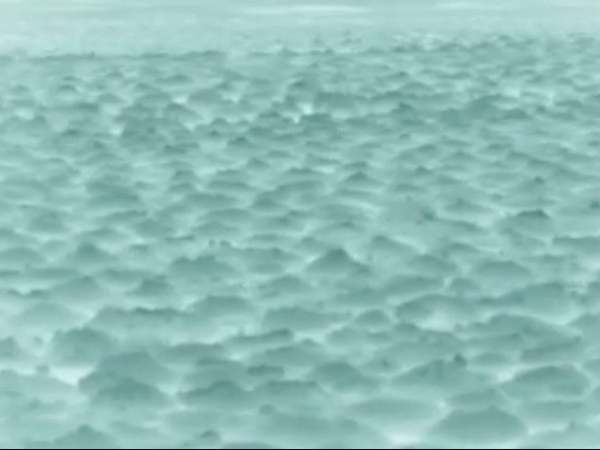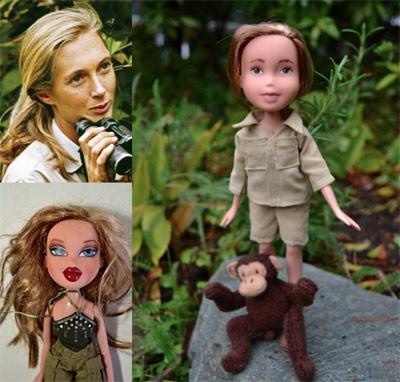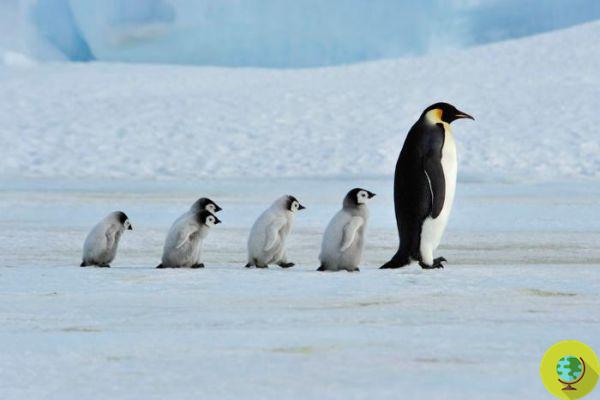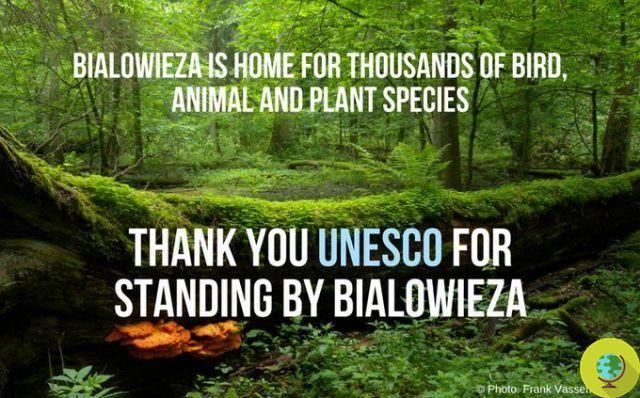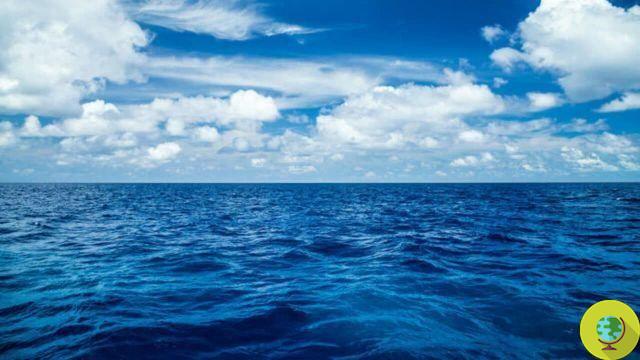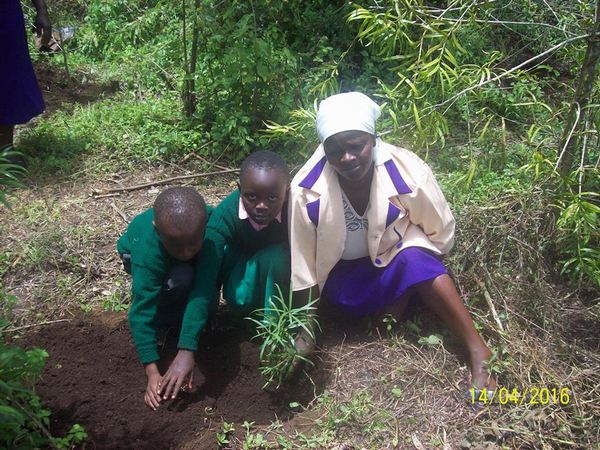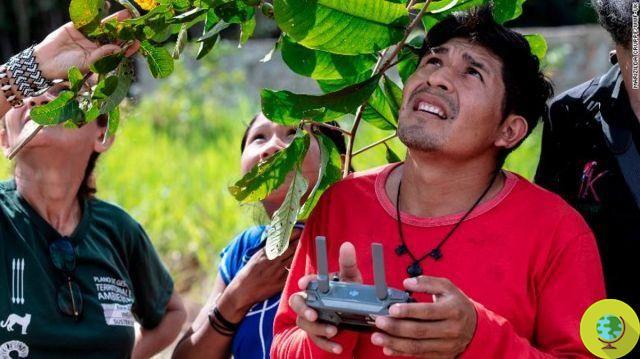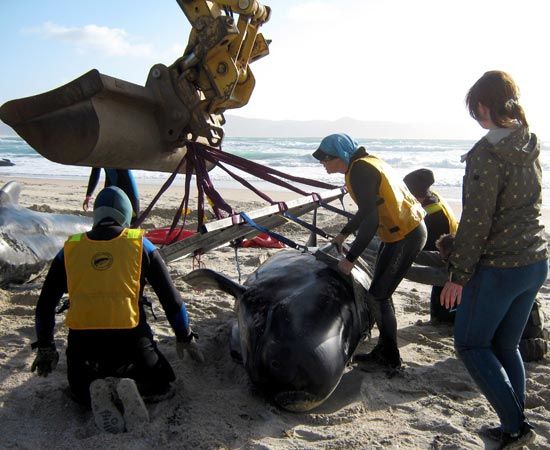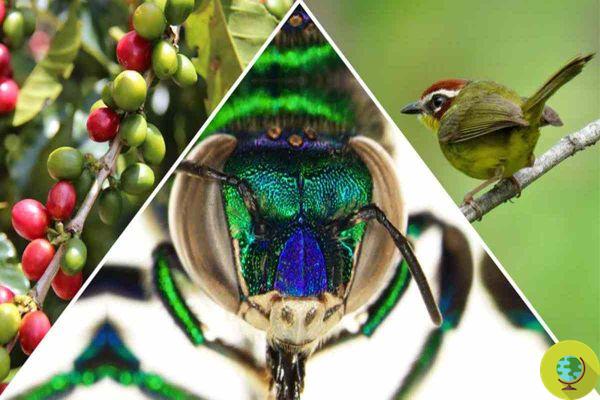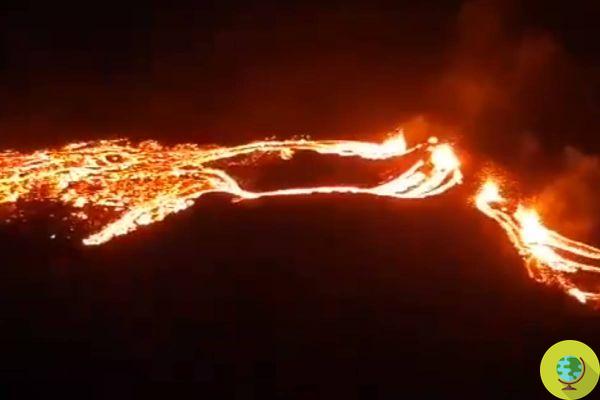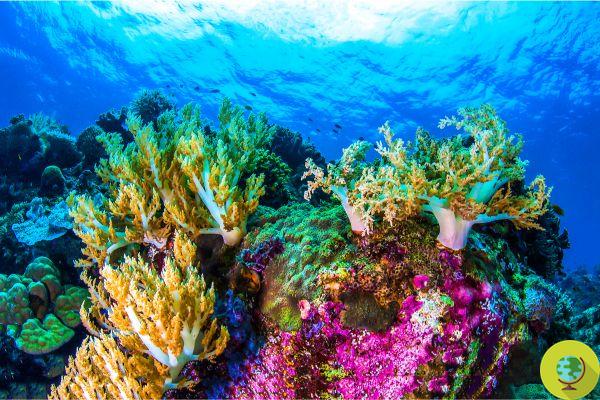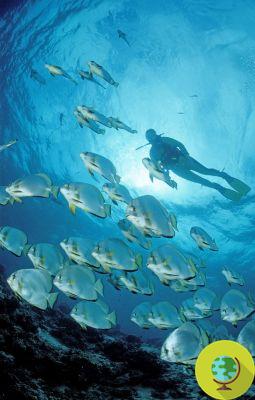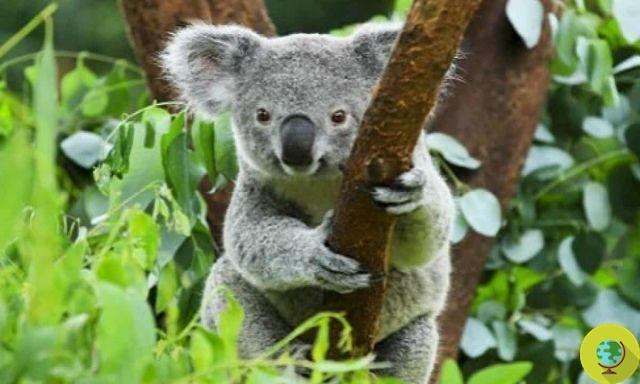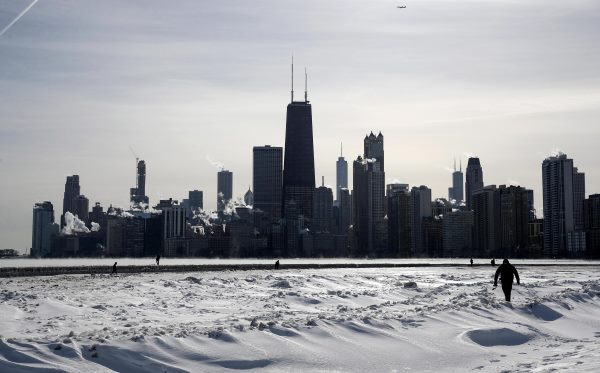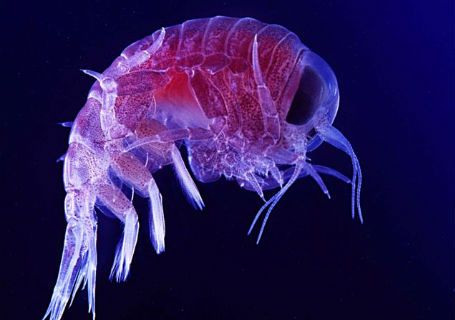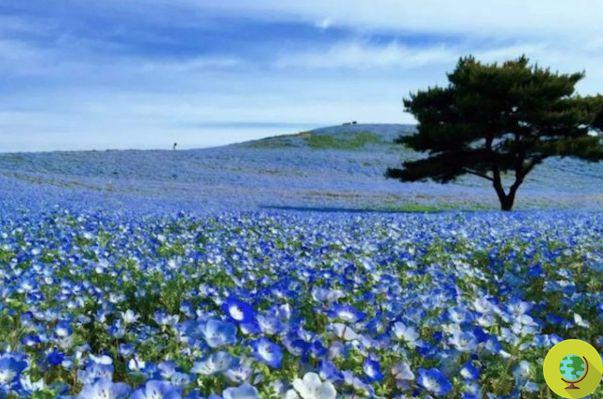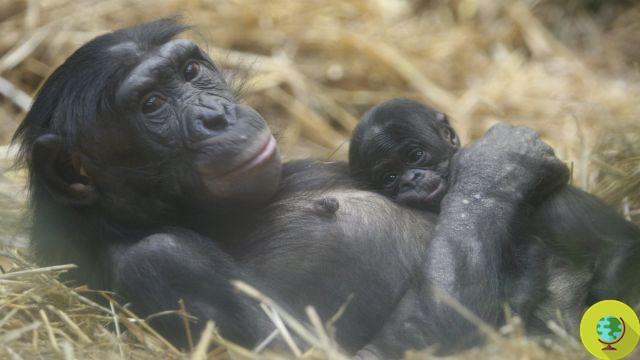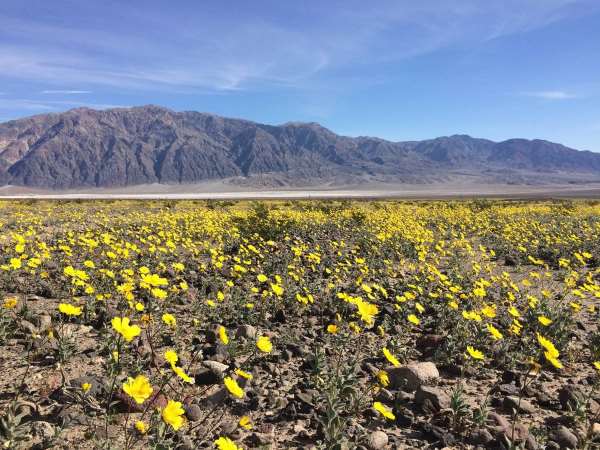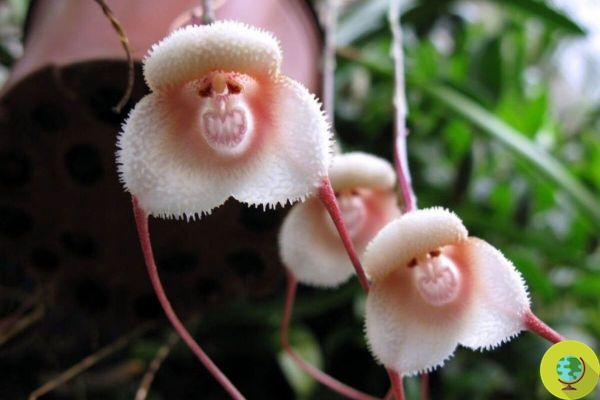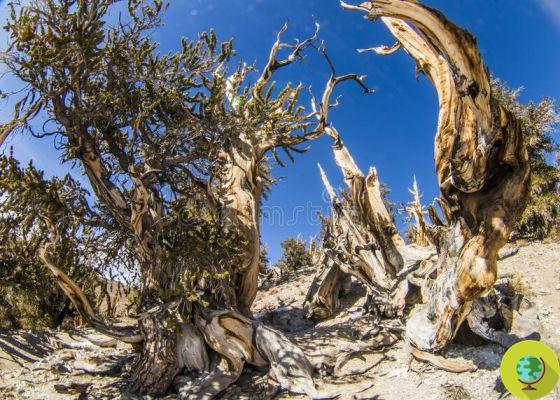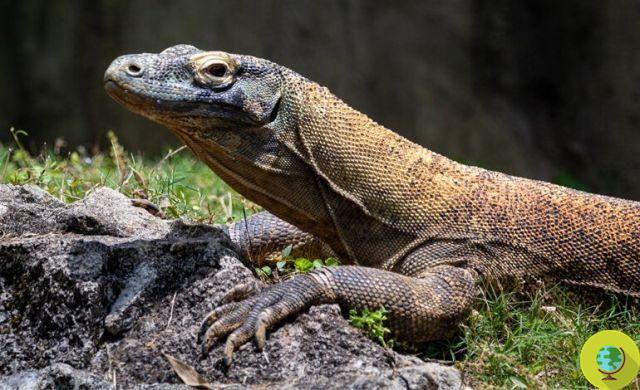
On the occasion of the IUCN international congress, the list of animals at risk of extinction has been updated: the situation is critical
On the occasion of the international congress organized by the IUCN, the list of animals at risk of extinction has been updated: the situation is very critical, there is no more time to stand by and watch. One million species are on the verge of extinction
The panel organized by theInternational Union for Conservation of Nature (IUCN) to take stock of nature and biodiversity. According to the latest update of the red list of wild animal species at risk of extinction, more than a third of shark species (two out of five) are threatened by intensive fishing, water pollution, sea level rise and climate warming: more than 37% of the 1.200 shark species observed by the association are now labeled as 'vulnerable', 'endangered' or 'dangerously at risk'. Thousands of specimens are killed every year for their meat (more than 800.000 tons of shark meat consumed annually).
In addition to sharks, another species, strongly threatened with extinction, has been included in the IUCN red list: This is the dragon on Komodo - the largest lizard species in the world. It is an animal that is currently found only in Indonesia and that is suffering the damage of the climate crisis: the rise in temperatures, in fact, is increasingly restricting its already limited habitat, and it is estimated a decrease of a further 30% in the next 45 years.
Not just animals: almost a third of wild plant species are under the scrutiny of scientists due to the risk that they could disappear forever from our planet. An incalculable disaster for our biodiversity, as also confirmed by this study conducted by Botanic Gardens Conservation International (BGCI).
We can no longer remain powerless in the face of the terrible environmental disasters that we read every day in the headlines: floods, famines, droughts - indignant American actor denounces Harrison Ford, who spoke to the panel. - The earth has irreplaceable ecosystems rich in biodiversity: if we managed to protect even a small part of the tropical forests, woods, prairies, we could protect our wild nature, our air, our water, our climate. We want to put in place perfect solutions, perfect policies, but there is no more time: we must move now, immediately, do something immediately before it is too late.
Fortunately, there is also some encouraging news from the observation of the state of health of marine species. The fight against illegal fishing is giving its good results, bringing out more of the species so far considered 'seriously endangered', such as the blue fin tuna: the meat of this animal is used for human nutrition (especially for the preparation of sushi) and a single specimen can cost even thousands of dollars. Although some regions once populated by this fish still remain devoid of this animal, the risk to the species has gone from 'severe' to 'moderate'. Even the southern bluefin tuna has gone from being 'at serious risk of extinction' to 'medium risk', while thealalunga (albacore) has moved into 'moderate risk'.
Follow us on Telegram | Instagram | Facebook | TikTok | Youtube
Fonte: IUCN Congress / YouTube
We also recommend:
- The sad image of the shark on the scooter that reminds us how much still needs to be done to protect these animals
- BigPicture Natural World Photography 2021: Winning Photos Celebrate Biodiversity and Show the Threats Rocking the Planet
- Human-wildlife conflict is one of the most serious threats to biodiversity




